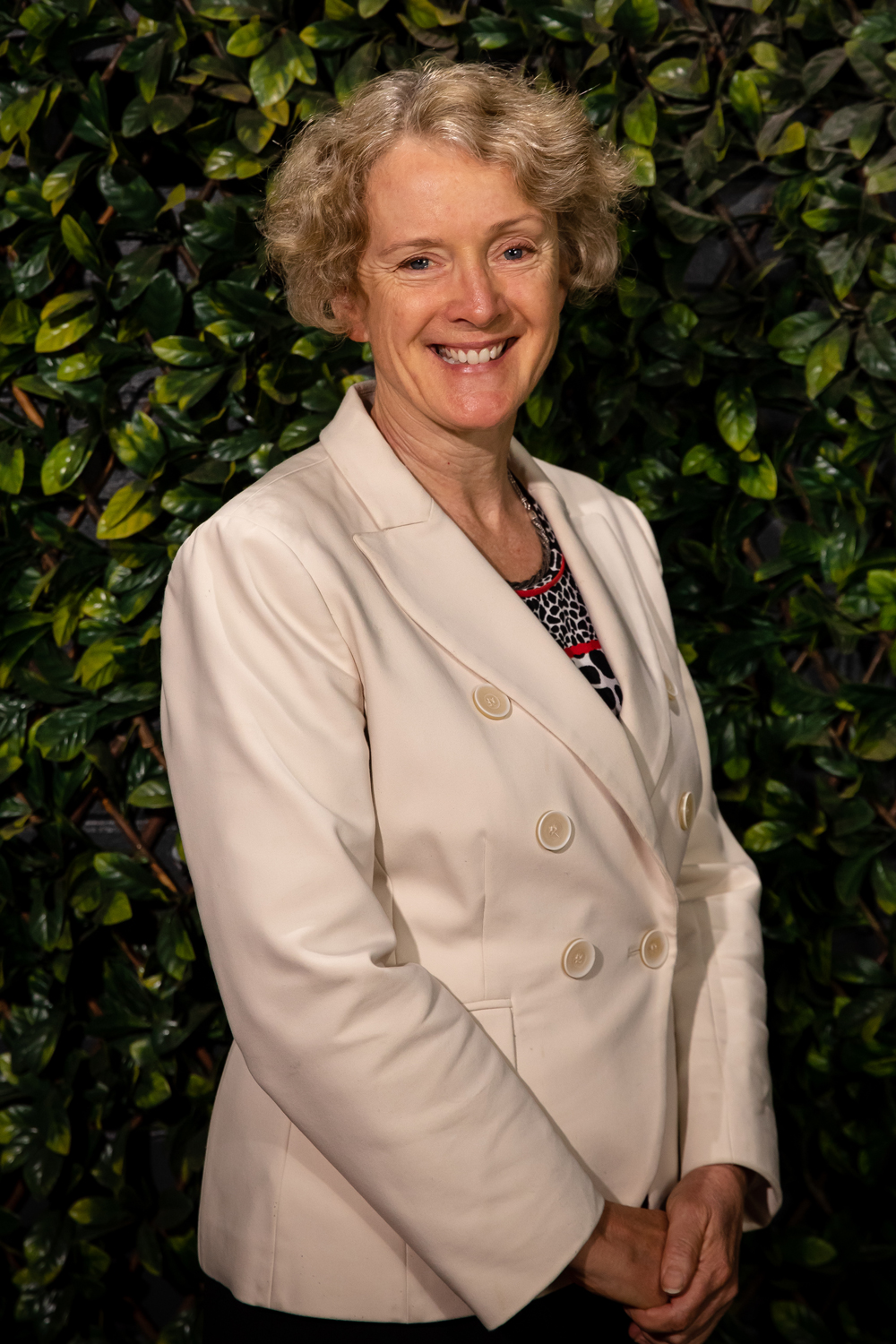
Susan Davidson
Experts have welcomed a bipartisan pledge to offer subsidised CGM products for all Australians with type 1 diabetes, but say more needs to be done if patients are to make use of the technology.
The $273 million Coalition election promise, matched by Labor, is expected to support up to 71,000 additional patients from July.
They will pay a maximum of $32.50 per month for CGM consumables, equivalent to the cost of using blood glucose test strips. Those meeting the existing eligibility criteria such as people under 21, concession card holders and pregnant women will continue to receive unchanged, fully subsidised access.
But while 58,000 patients already qualify for that funding, official figures show the number taking it up is far lower, with only 31,500 accessing consumables through the scheme in 2020-21.
More than half were concessional patients aged 21 or older, while about 13,000 children also made use of the scheme, according to the Department of Health.
The numbers also included 226 children and young people with conditions other than type 1 diabetes, such as cystic fibrosis-related diabetes or neonatal diabetes, it said in its 2020-21 annual report.
The fact that almost half of those eligible were not using the subsidy indicated there were issues with the funding on offer for support and education, said Australian Diabetes Educators Association CEO Susan Davidson.
“CGM has a huge impact on the quality of life of patients with type 1 diabetes, so this is a really wonderful announcement,” she told the limbic.
“Access to a device is only part of the picture, though.
“Many patients will need additional sessions with diabetes educators and endocrinologists to ensure they are comfortable with the technology, plus after hours support which currently isn’t funded in any way.”
She pointed to study figures published last year showing almost 60% of adolescents and young adults who initiated use of CGM discontinued it – usually within the first week of commencement.
The findings came from a cohort of 151 patients aged 15-21 at Westmead Hospital’s Young Adult Diabetes Clinic, all of whom were eligible for the subsidy under the scheme, which came into effect in 2017.
“A lot of support is required, particularly as patients first start getting using the technology,” Ms Davidson said.
“Otherwise some will just find it too hard and give up.”
She called for Medicare funding for all patients at risk of diabetes-related complications to receive 10 additional allied health visits per year, including five with a credentialled educator.
Any patient diagnosed with gestational diabetes should receive three MBS-funded consultations with a diabetes educator during pregnancy and two during the postpartum period, she added.